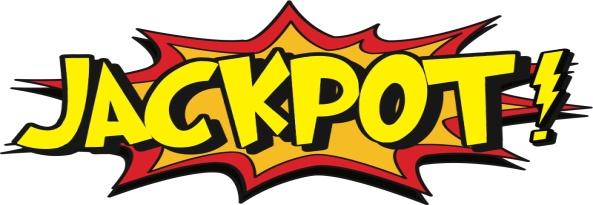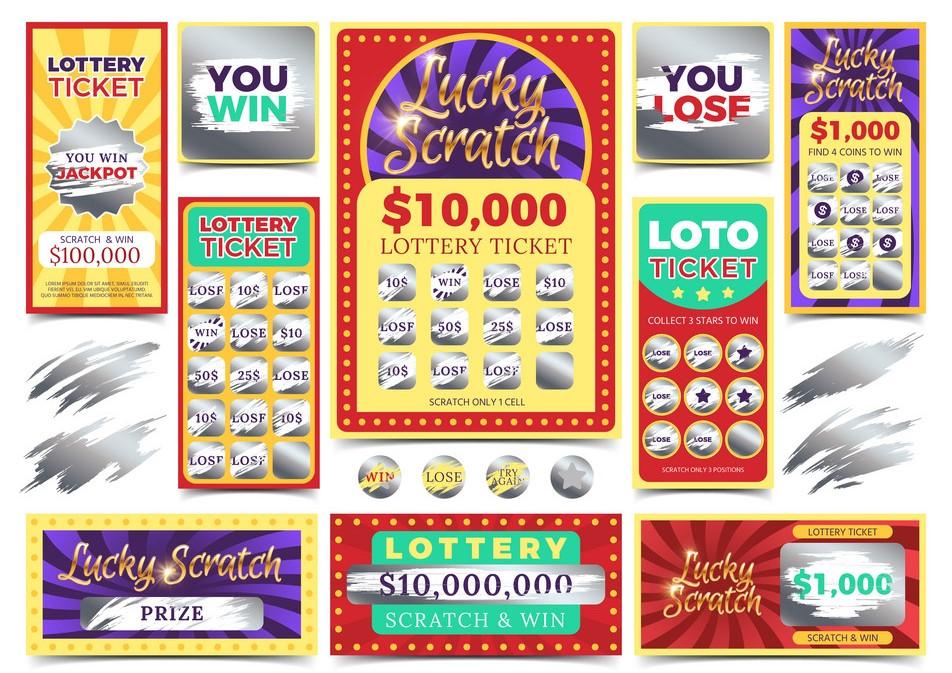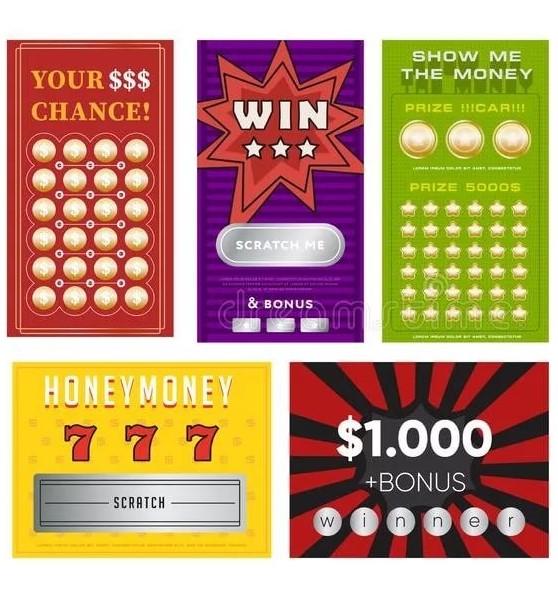Государственное учреждение образования
«Гимназия №2 г. Солигорска»
Учебный предмет: английский язык.
Тема: Money. Lotteries.
Коммуникативная ситуация: Lottery.
Учитель: Скалабан Ольга Сергеевна
Класс: 8.
Дата:
Тип урока: комбинированный.
Цель урока: формирование коммуникативной компетенции в рамках изучаемой темы.
Ожидаемый результат: предполагается, что к концу урока учащиеся смогут выразить свою точку зрения о лотереях.
Задачи:
- содействовать развитию навыков говорения посредством развития лексических навыков и навыков просмотрового чтения.
- содействовать употреблению активного языкового материала в устной речи;
- создавать условия для активного речевого взаимодействия;
- способствовать формированию умений планировать свое коммуникативное поведение.
Задачи для учащихся:
- учиться высказывать свою точку зрения на английском языке;
- учиться применять полученные знания на практике.
Методы: коммуникативный, интерактивный.
Оборудование урока и дидактические материалы: «Английский язык» 8 класс (с электронным приложением) : учеб. пособие / Н. В. Демченко [и др.]. Минск : Вышэйшая школа, 2020, раздаточный материал, мобильные телефоны с выходом в интернет.
Организационный момент. Целеполагание
Greeting
Running to the board
- 2 команды. По очереди бегут к доске и записывают слова, связанные с темой MONEY.
- проверяю правильность написанных слов
- выбираю из нескольких написанных слов буквы LTTROEY – собрать слово-тему урока LOTTERY
Answer the questions
1. What is a lottery?
2. What lotteries are popular in Belarus?
3. Why do people play lotteries?
4. Have you ever played one?
5. Have you ever won anything?
6. What is a jackpot?
7. What will you do if you win the jackpot?
Активизация изученной лексики
Give definitions (слова на карточках в виде лотерейных билетов на доске)
I propose you to check how lucky you are. You need to buy these lottery tickets. But you don’t need money just give the definition of a word and take the ticket
| the poor | to give up doing smth | to deal wisely |
| to raise money | false expectations | spacious homes |
| greedy | an unclaimed prize | a waste of money |
| for sale | to upgrade | rat race |
Keep your tickets you’ll need them at the end of the lesson.
Введение и закрепление нового лексического материала
Prereading task (in pairs)
| Before reading | Answer the questions | After reading |
|
| 1.When did people start playing lotteries? 2.How much money do people spend on lotteries in the USA? 3.What is the largest jackpot? 4.What is the most popular way of spending lottery money? |
|
p.102 ex3b Read the text and find the answers to these questions and write them down into the 2nd column
Answer the questions
The words from the text Say what the following numbers and words refer to.
p.104 ex3c
China; the Great Wall of China; the City of Rome; the 15th century;
2014, £63,837,543; 75%; 24%; a better job; 90%; 5 years
Развитие речевых умений
Merry-go-round (подшипник)
1.Have you or your parents ever bought a lottery ticket? Why? If «yes»: did you win?
2.Why is it a bad or a good idea to buy lotteries?
3.What would you do if you won 1mil$?
4.What do you know about the history of lotteries?
5.Would you help your relatives/friends if you won the lottery? Why?
Listening
Listen to four people talking about lotteries. Which of them are positive / negative about lotteries? Why? While listening match the speakers with the main ideas:
| S  peaker 1 peaker 1 | Lotteries teach people the wrong values of getting easy money without making any effort |
| S  peaker 2 peaker 2 | Is looking for a new way of making money |
| Speaker 3 | believes his lucky number will help him to win |
| Speaker 4 | hasn’t won any money |
Pros and cons (in groups) Debates
1 group writes down the pluses of buying lotteries
2 group writes down the minuses of buying lotteries
Рефлексия деятельности на уроке, выставление отметок, домашнее задание
Final discussion The students express their points of view on the problems
1. What do you think of lotteries? Is it a good idea to rely on lotteries to earn money?
2. Do you think some people are luckier than others? Do you think winning a lottery depends on how lucky you are?
3. Why do lottery winners want to take a break from the rat race?
Reflexion (Розыгрыш лотереи)
Do you remember that at the beginning of the lesson you got the lottery tickets?
It’s a win-win lottery. It means that all of you are the winner. Are you ready to get your prizes? Check the number of your ticket. Take your mobile phones, go around the classroom, find your number, scan the PR-code and you’ll see the prize.
The marks for the lesson
Home task You are to choose:
If I won a lottery I would…
What’s the best way to spend the money raised with the help of lotteries
Appendix
The lottery
An “English queen’s” breakfast (a teabag)
A romantic date (a “Love is…” gum)
Money (a chocolate coin)
A sweet period of life (a candy)
If you have problems with central heating, use it (a candle)
Did you dream about a pet? Never mind now. (a sticker with a pet)
You’ll pass any exam with it. But still don’t forget to study. (a pen)
An exciting travelling by air. (a balloon)
A Yacht! (a paper boat)
A ticket to the movie (the TV program)
An incredible luck! Jackpot!!! (a 10 for the lesson)
Never mind how snowy winter is going to be, you’ll have snow in your pocket (a snowflake)
The text
Lotteries
The first recorded lotteries date back to 187 BC. They were held in China to fund major government projects like the Great Wall of China. The first European lotteries were held during the Roman Empire, mainly at dinner parties, where guests were given presents. The first lottery offering tickets for sale was the lottery organised by Roman Emperor Augustus. The funds were used for repairs in the City of Rome.
The first recorded lotteries to offer tickets for sale with prizes in the form of money were held in the modernday Netherlands in the 15th century. Various towns held public lotteries to raise money for town fortifications (укрепления) and to help the poor. The English word lottery comes from the Dutch noun “lot” meaning “fate” (судьба ).
Nowadays lotteries are popular in many countries. For example, Americans spend more on the lottery than any other form of entertainment. In 2014 they spent 70.1 billion dollars on lottery tickets, while only 63 billion dollars was spent on sports tickets, books, video games, movie tickets, and recorded music combined.
The largest jackpot win with one ticket was $590.5 million in America’s Powerball, won by Gloria MacKenzie, Florida in 2013. The largest unclaimed prize was from the Euro Millions draw (розыгрыш) in 2012. The ticket was worth £63,837,543. The average lottery winner buys new cars for either themselves or friends and family.
After winning the lottery, one of the first things most lottery winners do is take a break from the rat race and go on holiday! According to the survey results, 75% of lotto winners upgrade their apartments to more spacious private homes, while 24% buy property (недвижимость) abroad. Even though a multi-million dollar lotto win gives people financial independence, many choose to continue working. According to statistics, 15% of lottery winners find a better job, while 45% open their own businesses.
On the downside, many winners lose their money because they spend it on expensive things they can’t afford or because they are too generous and give away their money to relatives and friends. In spite of their generosity, 90% of lottery winners lose friends. This is really just due to the fact that you cannot please everyone. Almost half of all online lottery winners lose every single cent within 5 years of the event. So even if you win a lottery, you should deal with your money wisely.
STUDENT’S WORKSHEET
L O T T E R Y
O T T E R Y
Reading
In the 1st column write down the answers to the questions
| Before reading | Answer the questions | After reading |
|
| 1.When did people start playing lotteries?
|
|
|
| 2.How much money do people spend on lotteries in the USA? |
|
|
| 3.What is the largest jackpot?
|
|
|
| 4.What is the most popular way of spending lottery money? |
|
p.102 ex3b Read the text and find the answers to these questions and write them down into the 2nd column
Listening
L isten to four people talking about lotteries. Which of them are positive / negative about lotteries? Why? While listening match the speakers with the main ideas:
isten to four people talking about lotteries. Which of them are positive / negative about lotteries? Why? While listening match the speakers with the main ideas:
| Speaker 1 | Lotteries teach people the wrong values of getting easy money without making any effort |
| Speaker 2 | Is looking for a new way of making money |
| Speaker 3 | believes his lucky number will help him to win |
| Speaker 4 | hasn’t won any money |
Pros and cons
| the pluses of buying lotteries | the minuses of buying lotteries |
|
|
|
Discussion express your point of view on the problems:
1. What do you think of lotteries? Is it a good idea to rely on lotteries to earn money?
2. Do you think some people are luckier than others? Do you think winning a lottery depends on how lucky you are?
3. Why do lottery winners want to take a break from the rat race?
H ome task You are to choose:
ome task You are to choose:
If I won a lottery I would…
What’s the best way to spend the money raised with the help of lotteries
LOTTERY TICKETS










 peaker 1
peaker 1
 peaker 2
peaker 2 O T T E R Y
O T T E R Y isten to four people talking about lotteries. Which of them are positive / negative about lotteries? Why? While listening match the speakers with the main ideas:
isten to four people talking about lotteries. Which of them are positive / negative about lotteries? Why? While listening match the speakers with the main ideas: ome task You are to choose:
ome task You are to choose:











